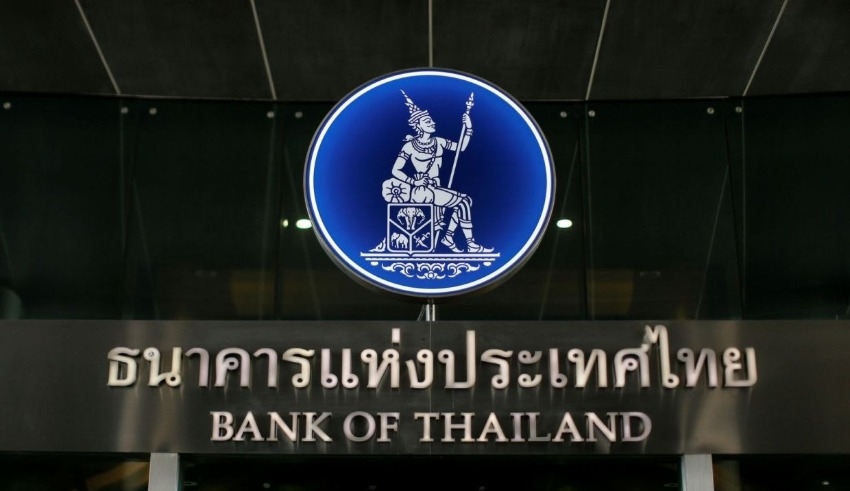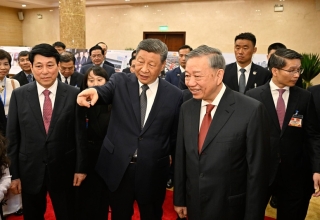
The financial minister of Thailand announced on Tuesday that the country’s central bank and the Ministry of Finance will soon meet to address the recent decline in the value of the baht (Sep 20).
Arkhom Termpittayapaisith stated to the media that the weakening of the baht was due to the strength of the dollar, and he stated that he had aims in mind for the level of the baht.
In its pursuit of greater foreign investment in electric vehicles, biotechnology, and other cutting-edge industries, Thailand is attempting to fight through hesitancies produced by China’s zero-COVID policy and Russia’s war in Ukraine, according to the future chief of Thailand’s investment board.
“What we should focus on is technology- and knowledge-based industries such as digital, biotechnology, bio-based materials, medical, smart electronics, and electric vehicles,” Narit Therdsteerasukdi said in a recent interview with Nikkei Asia. “What we should focus on is technology- and knowledge-based industries such as digital, biotechnology, bio-based materials, and medical.” These industries are not as dependent on human labor or financial investment as they were in the past.
“We shouldn’t just concentrate on the worth of the investment; rather, we ought to take into account the caliber of the project,” you can say.
Keep Reading
The Thailand Board of Investment (BOI) now has Narit serving as the organization’s deputy secretary general; however, in October, he will be promoted to the position of head. When that time comes, he will take the initiative to lead efforts to increase the amount of FDI that Thailand receives.
According to him, “the key will be human resources with expertise and abilities” if you want to attract investment in companies that are dependent on technology and information.
Additionally, efforts are being made in Thailand to import these qualities from other countries. It began accepting applications for its long-term resident visa program on September 1st.
It is anticipated that the program will, in addition to highly skilled workers, attract investment from other countries.
Despite its status as the most important center for automotive manufacturing in Southeast Asia, Thailand has not been receiving nearly as much investment as it once did. According to Narit, “the global situation, in addition to unique challenges in certain nations, is impacting or delaying investment choices in a number of different industries.”
According to the BOI, foreign direct investment (FDI) into Thailand amounted to 130 billion baht ($3.53 billion) in the first six months of 2022, which is a decrease of 52% from the same period the previous year. This further weighed on an economy that was already suffering from the pandemic’s impact on tourism.




























